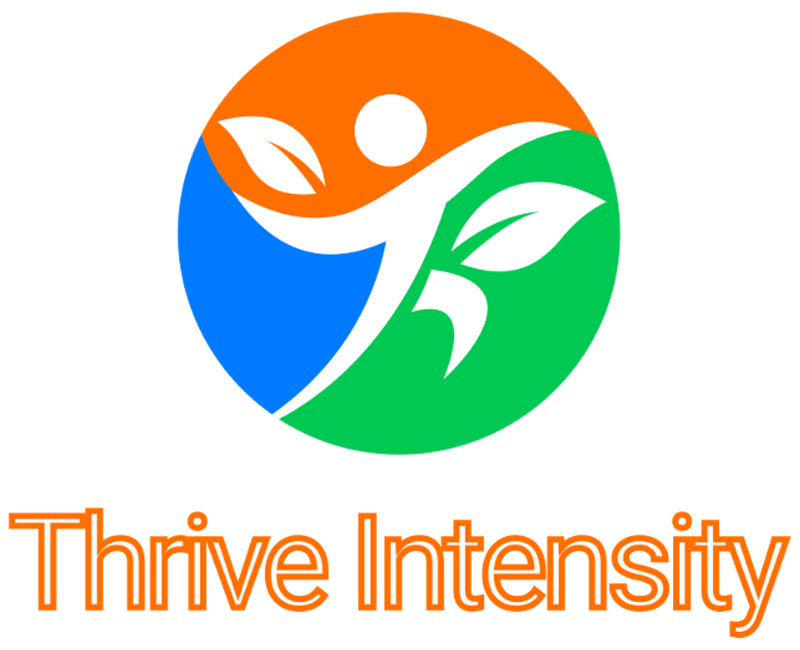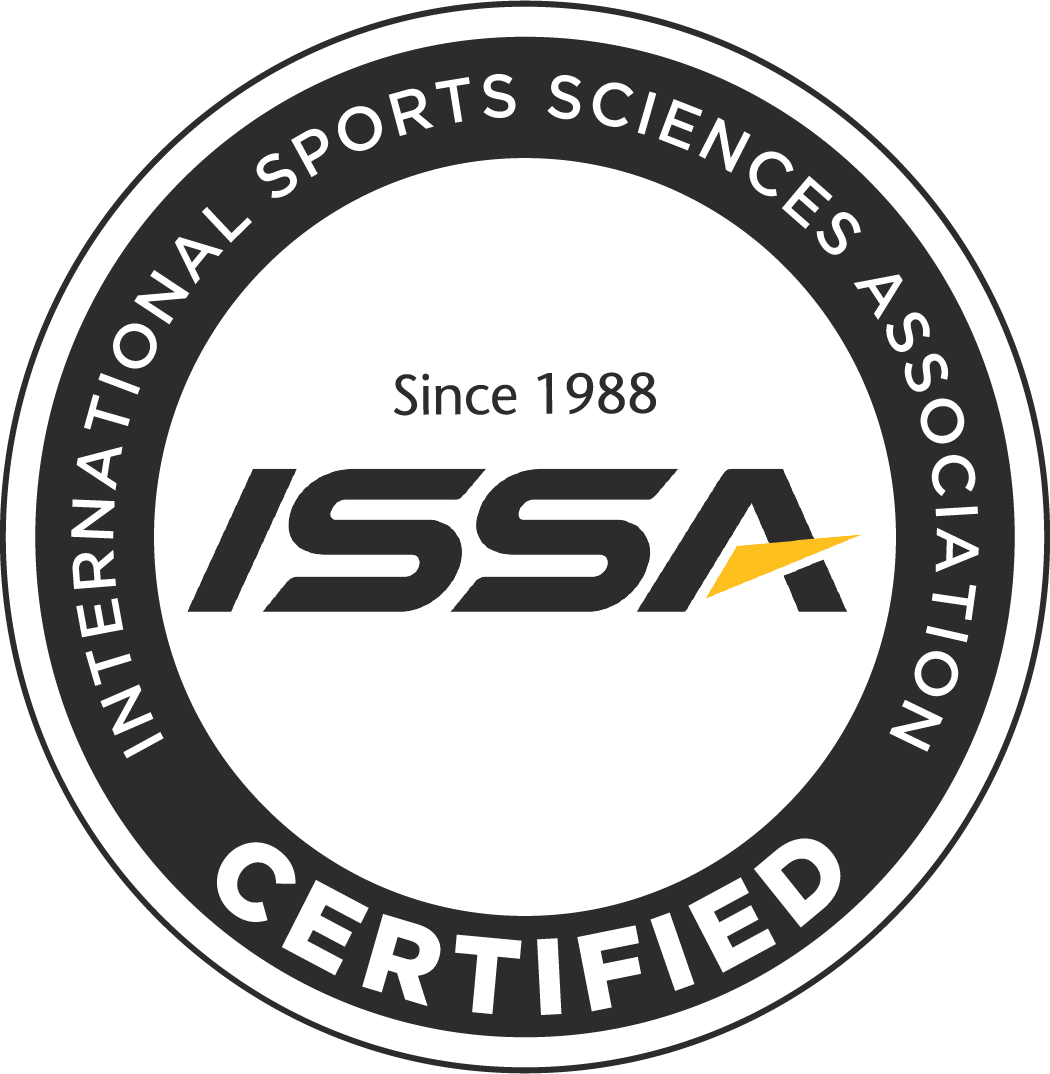
The Silent Epidemic: Understanding the Most Common Vitamin Deficiency in the U.S. — and Why It Matters
When we talk about health, the spotlight often lands on weight, exercise, or the latest diet trend. But behind the scenes, a silent epidemic is unfolding — nutrient deficiencies. Among them, vitamin D deficiency is one of the most prevalent in the United States. Despite its nickname “the sunshine vitamin,” millions of Americans are falling short of the daily recommended levels, and the consequences on health and wellbeing are far-reaching.
Why Is Vitamin D So Important?
Vitamin D plays a critical role in maintaining healthy bones by aiding calcium absorption. However, its influence goes far beyond bone health. It supports immune function, mood regulation, and has been linked to reduced risks of chronic illnesses like heart disease, certain cancers, and autoimmune disorders.
Vitamin D receptors are found in nearly every cell in the body, which means this nutrient touches virtually every aspect of your health. Low levels can lead to:
Fatigue and low energy
Bone pain or muscle weakness
Mood changes, including depression
Increased susceptibility to infections
Impaired wound healing
Increased risk of osteoporosis
Why Are So Many People Deficient?
There are several reasons behind widespread vitamin D deficiency:
Limited Sun Exposure: We naturally produce vitamin D through skin exposure to sunlight. But modern lifestyles keep us indoors, and sunscreen use (while important) blocks the UVB rays that trigger vitamin D production.
Geographic Location: In northern states with longer winters and less sunlight, vitamin D synthesis drops dramatically during colder months.
Darker Skin Tones: Individuals with more melanin produce less vitamin D from sunlight exposure, putting them at greater risk.
Dietary Insufficiency: Few foods naturally contain vitamin D. While some products are fortified (like milk and cereals), they often don’t provide enough to meet daily needs.
Obesity and Malabsorption: Vitamin D is fat-soluble, and excess fat in the body can trap it, reducing its bioavailability. Conditions like celiac or Crohn’s disease also hinder absorption.
How Nutrition Coaching Can Help
A certified nutrition coach can play a pivotal role in identifying risk factors and correcting nutritional imbalances through personalized strategies. Here’s how:
Diet Analysis: Reviewing dietary habits to assess vitamin D intake and recommend food sources like fatty fish, egg yolks, and fortified products.
Lifestyle Recommendations: Encouraging safe sun exposure practices and physical activity that supports nutrient metabolism.
Supplement Guidance: Helping clients determine if supplementation is necessary and how to choose high-quality, appropriate doses under professional supervision.
Ongoing Monitoring: Ensuring progress is tracked, and adjustments are made based on changes in health, seasons, and lifestyle.
Other Common Deficiencies Worth Noting
While vitamin D tops the list, other frequently lacking nutrients include:
Magnesium – critical for nerve, muscle, and heart function.
Iron – especially common in women of reproductive age.
Vitamin B12 – important for nerve health and found mostly in animal products.
Potassium – supports heart health and helps regulate fluid balance.
A holistic approach to nutrition doesn’t just fix deficiencies — it fosters energy, resilience, and lasting wellness.
Final Thoughts
Vitamin D deficiency may be common, but it doesn’t have to be your reality. By learning to recognize the signs and taking proactive steps with the support of a knowledgeable nutrition coach, you can protect your health and optimize your body’s performance. True wellness starts with awareness — and the small, consistent changes that follow.
Click HERE to schedule your Complimentary Consultation.



